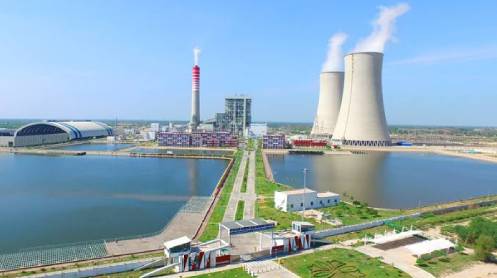So, energy conservation is the new plan. Nothing was ever seen before, but least needed than ever before. The idea is to have the markets shut earlier and wedding events be over earlier. Well, making the most use of daylight can never be a bad idea. But this being pitched as a solution to tackle the mess Pakistan finds itself in, does not make much sense.
That is largely because like most times, there seems to be an issue with problem identification. Electricity generation capacity is not a problem in Pakistan today. Not especially for the next four months. Rs60 billion is being thrown as the potential saving number via early market closure. This cannot be further from reality.
Electricity consumption of the commercial sector across the country is barely 6 percent of the total, i.e. around 7 billion units for 12 months. Surely, the authorities are not expecting the consumption to halve for the entire year to lead to this saving. Even if one assumed for argument’s sake, that the savings will indeed be close to Rs60 billion – how is that a problem today?
Pakistan’s energy generation fuel mix is much improved today and has kept improving year after year. There are times when the onus falls on often expensive imported fuel types, but that does not happen in low-demand scenarios such as the 6-month period from Nov-Apr. Of late, there have been notable additions to the grid based on home-based fuel types – such as Thar coal, nuclear, and hydel. For much of the winter months, imported fuel share remains low.
And no, it is not even a net-neutral step. If anything, the system needs more power evacuation during winters to lower the capacity generation unit cost. Enough availability in the system and lopsided contracts mean the capacity payments will be made regardless of the off-take. That is where the previous government came up with winter consumption incentive packages.
There is also a little matter of the financial health of the electricity sector eroding further, as the share of the commercial sector reduces. Recovery rates are already down and losses up – supplying less to better consumers would be another blow. Businesses have had it rough for quite some time. This will be a net negative event for the economy and is not worth trying. Not when the electricity demand is low at least.





